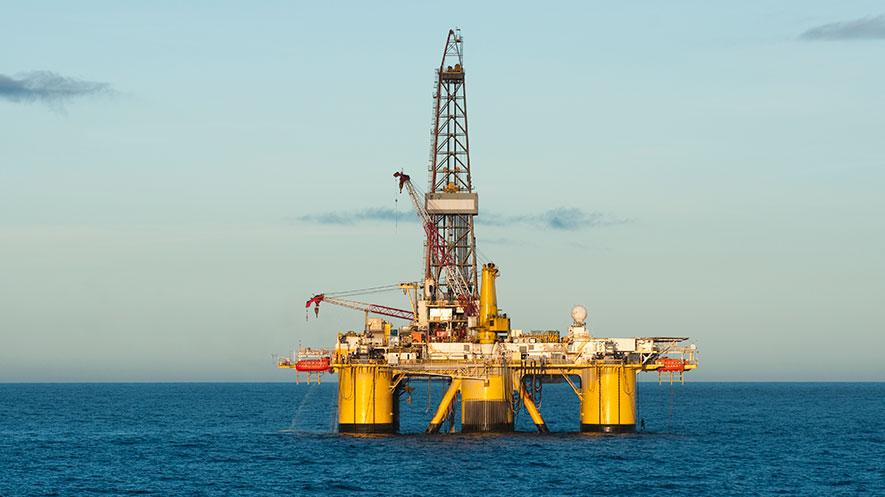A new journal article from researchers in Brazil suggests that protections are needed in the oil-rich Campos Basin off Brazil and says that “the lack of a basin-wide management for the offshore industry in the SW Atlantic threaten the biodiversity and ecological function of vulnerable deep-sea ecosystems.”
The study identifies “habitats of biological interest on the Campos Basin and proposes relevant areas for conservation (EBSAs) that could be included in the first deep-sea Marine Protected Area (MPA) network in the South Atlantic.”
The study maps 42 benthic habitats, “including cold-water coral reefs, submarine canyons, soft sediment slope and a seamount” along the Campos Basin off the coast of Brazil, that met the conservation criteria that the researchers feel could ultimately support “a MPA network with a 5.5% overlap (2330 km2) to current leased blocks.”
The researchers, who represent the Brazilian Institute of Environment and Renewable Natural Resources and the Federal University of Espírito Santo, write, “If implemented, the MPA network would cover 31% of the Campos Basin and offer 31–100% protection of EBSAs with minimal interference on industry.”
The study is the first to identify EBSAs in a deep-sea basin of major economic importance in Brazil's EEZ. The researchers add that the methods demonstrated could be applied to other offshore oil and gas that also lack environmental management measures.
To read the entire article, click here.
Reference: Gustavo Vaz de Mello Baez Almada and Angelo Fraga Bernardino, Conservation of deep-sea ecosystems within offshore oil fields on the Brazilian margin, SW Atlantic, Biological Conservation, Volume 206, February 2017, Pages 92–101.






